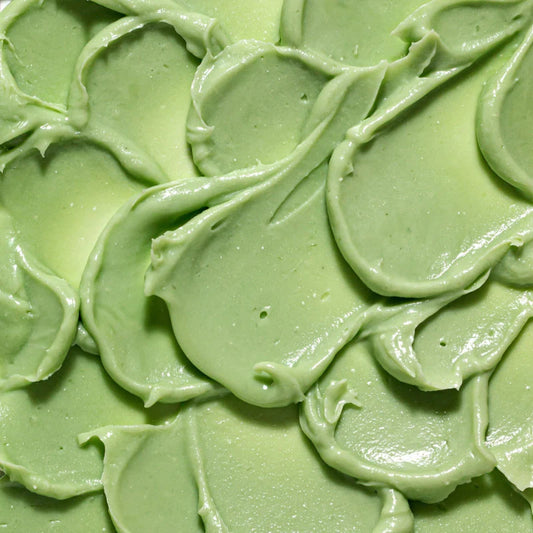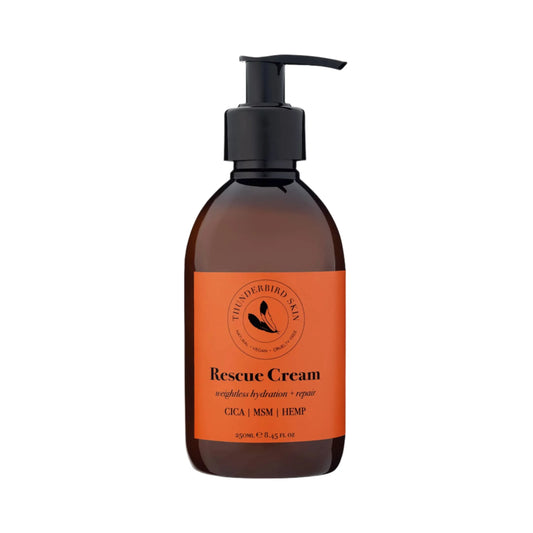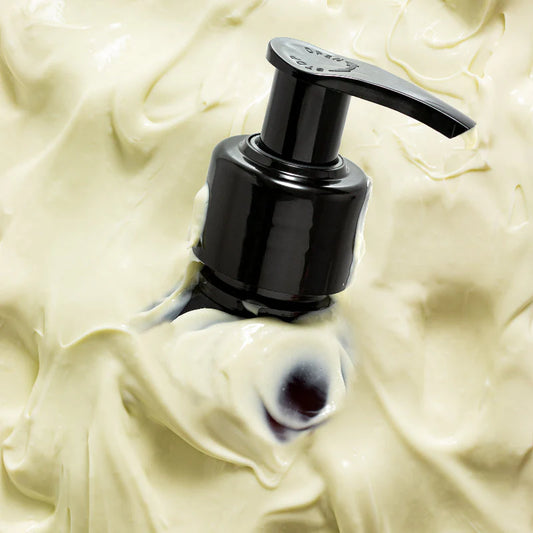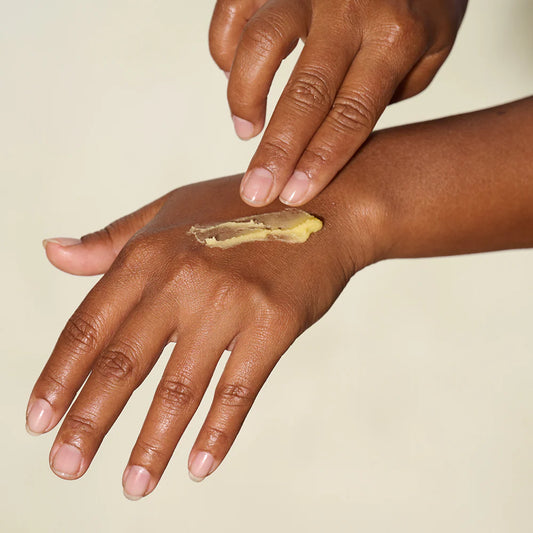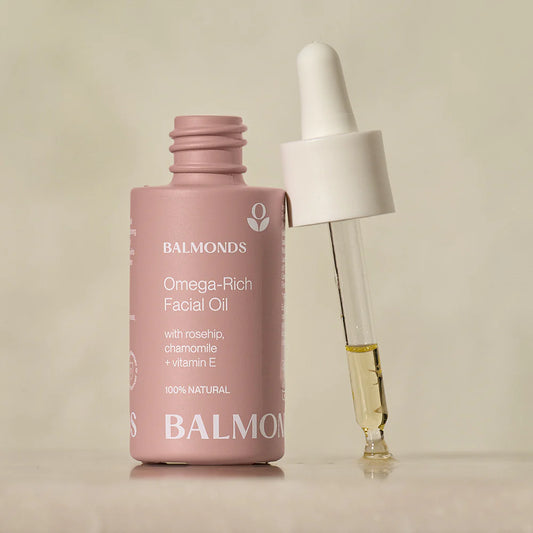
Skincare with Retinol: Benefits, Myths, and Gentle Alternatives for Radiant Skin
Share
In the skincare world, few ingredients have earned as much praise and recognition as retinol. Often hailed as the “gold standard” for anti-ageing, retinol is a powerhouse known for improving skin texture, reducing wrinkles, and tackling pigmentation. But as popular as skincare with retinol is, it’s not without its caveats—some people experience irritation, redness, or increased sensitivity.
That’s where gentle alternatives and smart formulations come into play. In this guide, we’ll dive deep into what retinol is, how to use it, and what you can try if your skin needs a more delicate approach. We’ll also explore plant-based options like bakuchiol and skin-friendly blends with hyaluronic acid and niacinamide.
What is Retinol?
Retinol is a form of vitamin A that’s widely used in skincare for its ability to speed up cell turnover. When applied topically, it’s converted into retinoic acid, which works at the cellular level to:
- Increase collagen production
- Improve skin elasticity
- Reduce fine lines and wrinkles
- Fade dark spots and hyperpigmentation
- Smooth uneven skin texture
Because of these benefits, skincare with retinol is a top choice for those looking to maintain youthful, healthy-looking skin.
How Retinol Works
Your skin naturally sheds and regenerates, but as we age, this process slows down. Retinol encourages faster skin cell renewal, meaning fresher skin comes to the surface more quickly. This process also stimulates collagen, a protein responsible for keeping skin firm and plump.
Think of it as hitting the “refresh” button for your skin—only on a deeper level than most other topical treatments.
Benefits of Skincare with Retinol
Here’s why dermatologists and beauty experts can’t stop talking about skincare with retinol:
-
Anti-Ageing Superpower
Retinol is one of the few skincare ingredients clinically proven to reduce visible signs of ageing. -
Improved Skin Tone
It helps fade sunspots, age spots, and post-acne marks. -
Refined Texture
Smoother skin and smaller-looking pores are common with consistent use. -
Acne Management
Retinol unclogs pores and prevents breakouts, making it a go-to for adult acne sufferers.
The Downsides of Retinol
While it sounds like a miracle ingredient, retinol can have side effects—especially when you first start using it:
- Redness
- Peeling
- Irritation
- Increased sensitivity to the sun
This is why beginners are often advised to start slowly, using a low concentration 1–2 times per week, and always pairing it with SPF in the morning.
Who Should Avoid Retinol?
Certain skin types or life stages may not be compatible with retinol:
- Sensitive skin that reacts easily
- Those with eczema or rosacea (unless under dermatologist guidance)
- Pregnant or breastfeeding women (retinol is not considered safe during these times)
If you fall into these categories, don’t worry—there are excellent alternatives that deliver similar results without the harshness.
Bakuchiol: The Plant-Based Retinol Alternative
If you love the idea of retinol but your skin says “absolutely not,” meet bakuchiol—a natural, plant-derived compound found in the seeds of the Psoralea corylifolia plant.
How Bakuchiol Compares to Retinol
- Similar Benefits: Like retinol, bakuchiol promotes collagen production, reduces fine lines, and improves skin tone.
- Gentle on Skin: It’s less likely to cause irritation, redness, or peeling.
- Safe for All Skin Types: Including sensitive skin and during pregnancy.
- Antioxidant Properties: Helps protect skin from environmental stressors.
One excellent example is the Thunderbird HA Bakuchiol Renewal Cream. It combines bakuchiol with hyaluronic acid for deep hydration, offering a soothing, anti-ageing treatment that’s perfect for daily use—without the downtime associated with retinol.
Hyaluronic Acid + Niacinamide: Hydration Meets Skin Repair
Another way to reap skin benefits without retinol is to focus on barrier health and hydration.
The UpCircle Night Cream with Hyaluronic Acid + Niacinamide is a great example. Here’s why:
-
Hyaluronic Acid plumps the skin by drawing in moisture.
-
Niacinamide reduces redness, brightens skin tone, and strengthens the skin barrier.
-
Together, they promote healthier skin that’s more resilient and naturally radiant.
While this isn’t a retinol or retinol alternative, it complements anti-ageing routines beautifully by ensuring the skin stays nourished and protected—especially if you do choose to use retinol products.
How to Use Skincare with Retinol
If you’re ready to try skincare with retinol, here’s how to do it without overwhelming your skin:
-
Start Low & Slow
Begin with a low concentration (0.1–0.3%) once or twice a week. -
Apply at Night
Retinol breaks down in sunlight, so it’s best used before bed. -
Moisturise Generously
Sandwich your retinol between layers of moisturiser if your skin is prone to dryness. -
Wear Sunscreen
Your skin will be more sensitive to UV rays—SPF 30 or higher is a must.
Building a Routine: Retinol and Alternatives
If you want the benefits but need flexibility, here’s a sample evening routine:
Option 1: Retinol-Friendly Routine
- Cleanser
- Hydrating toner or essence
- Retinol serum or cream
- Moisturiser
Option 2: Retinol-Free (Gentle) Routine
- Cleanser
- Hydrating toner or essence
- Thunderbird HA Bakuchiol Renewal Cream
- UpCircle Night Cream with Hyaluronic Acid + Niacinamide
The second routine offers a similar collagen-boosting effect but with fewer risks of irritation, making it ideal for sensitive or reactive skin.
Retinol Myths Debunked
Let’s clear up some common misconceptions about skincare with retinol:
-
Myth 1: Retinol thins your skin.
Truth: It actually thickens the dermis over time by boosting collagen. -
Myth 2: You can’t use retinol in summer.
Truth: You can, but you must be diligent with sunscreen. -
Myth 3: More is better.
Truth: Overuse can cause irritation and doesn’t speed results.
Why You Might Choose an Alternative
If your skin feels tight, red, or sore when using retinol, it’s not a sign of weakness—it’s your skin telling you it needs a gentler approach. Bakuchiol and hydration-focused creams offer similar end results without the adjustment period.
The Thunderbird HA Bakuchiol Renewal Cream is a perfect swap for those who want anti-ageing benefits minus the irritation, while the UpCircle Night Cream focuses on keeping skin healthy, bright, and plump.
Final Thoughts: Finding Your Perfect Routine
Skincare with retinol can transform your complexion, but it’s not a one-size-fits-all solution. The key is to listen to your skin and adjust your routine accordingly.
- If you’re comfortable with retinol and can manage the initial adjustment period, it can be a powerful addition to your skincare arsenal.
- If your skin is sensitive, or you prefer a natural approach, bakuchiol offers a remarkably similar effect without the drawbacks.
- If hydration and barrier repair are your priority, niacinamide and hyaluronic acid-rich creams will keep your skin resilient and glowing.
Whichever path you choose, consistency and sun protection are your best friends. And remember—you don’t have to choose just one. Many people rotate between retinol and alternatives depending on the season, their skin’s condition, and personal preferences.


